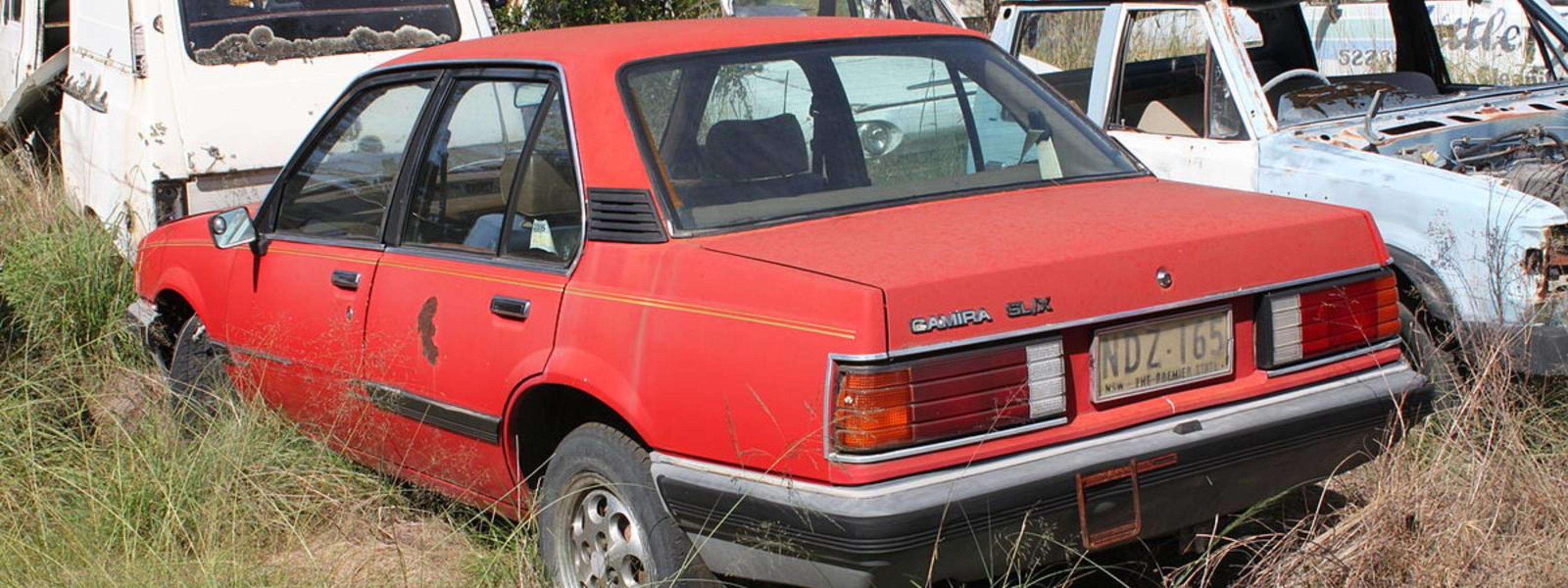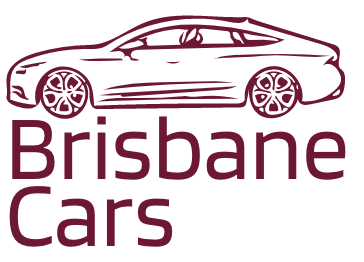Car Makes with the Worst Resale Value in Australia

Car Makes with the Worst Resale Value in Australia
When it comes to purchasing a new car, most buyers consider not only the initial cost but also the resale value. Resale value significantly impacts the total cost of ownership, as it determines how much you’ll recoup when selling or trading in the vehicle. While some brands shine in retaining value, others tend to depreciate faster. In this article, we highlight the car makes in Australia with the worst resale value and why their vehicles struggle to maintain market demand.
What Affects Resale Value?
Several factors contribute to a car’s resale value:
- Brand Reputation: Reliable brands typically have higher resale values.
- Market Demand: Cars that cater to niche or dwindling markets often see lower resale values.
- Depreciation Rate: Most cars lose value over time, but some brands depreciate faster than others.
- Maintenance Costs: High running costs or poor reliability often deter second-hand buyers.
Makes with the Worst Resale Value in Australia
1. Jeep
- Depreciation Rate: Up to 55% after three years
- Why It Struggles: Jeep vehicles often face criticism for reliability issues and high maintenance costs. Despite their off-road capabilities and rugged appeal, models like the Jeep Grand Cherokee and Jeep Compass depreciate faster due to expensive repairs and a perception of lower build quality compared to competitors.
2. Peugeot
- Depreciation Rate: Up to 50% after three years
- Why It Struggles: While Peugeot offers stylish designs and European flair, its vehicles tend to have high service costs and limited dealer networks in Australia. This reduces buyer confidence and demand in the second-hand market, leading to poor resale value for models like the Peugeot 3008 and 508.
3. Fiat
- Depreciation Rate: Up to 48% after three years
- Why It Struggles: Fiat vehicles are niche offerings that appeal to a smaller market segment. Models like the Fiat 500 and Fiat Panda face stiff competition from more reliable and affordable rivals, resulting in a steeper depreciation curve.
4. Mitsubishi
- Depreciation Rate: Up to 46% after three years
- Why It Struggles: Although Mitsubishi offers affordable pricing, models like the Mitsubishi ASX and Eclipse Cross struggle with resale value due to outdated designs and stiff competition in the compact SUV segment. The brand’s lower perceived quality compared to rivals also impacts its resale appeal.
5. Citroën
- Depreciation Rate: Up to 45% after three years
- Why It Struggles: Citroën cars are known for their quirky designs and comfortable interiors, but they lack a strong foothold in the Australian market. Limited brand presence, high repair costs, and a niche appeal contribute to the lower resale value of models like the Citroën C3 and C5 Aircross.
6. Land Rover
- Depreciation Rate: Up to 44% after three years
- Why It Struggles: Despite its luxurious reputation, Land Rover vehicles are notorious for reliability issues and expensive repairs. Models like the Land Rover Discovery Sport and Range Rover Evoque depreciate quickly, especially when maintenance costs deter second-hand buyers.
7. Chrysler
- Depreciation Rate: Up to 43% after three years
- Why It Struggles: Chrysler has a limited model range in Australia, and its vehicles often face competition from better-equipped and more reliable rivals. The Chrysler 300, for example, struggles in the second-hand market due to its high running costs and waning popularity.
How to Minimise Depreciation Losses
If you’re considering a vehicle from one of these brands, here are some tips to mitigate depreciation:
- Opt for Popular Models: Stick to best-sellers within the brand to maximise demand.
- Maintain Regular Servicing: A complete service history can boost resale value.
- Consider Shorter Ownership Periods: Selling your car before significant depreciation (e.g., after three years) may help you recoup more.
- Negotiate Purchase Discounts: A lower upfront price reduces the impact of depreciation.
Final Thoughts
Understanding which brands retain or lose value is crucial when making a car purchase decision. While brands like Jeep and Peugeot may offer unique features or competitive pricing, their vehicles’ rapid depreciation could offset any initial savings. By researching thoroughly and planning your ownership timeline, you can make informed choices that minimise financial loss in the long run.
